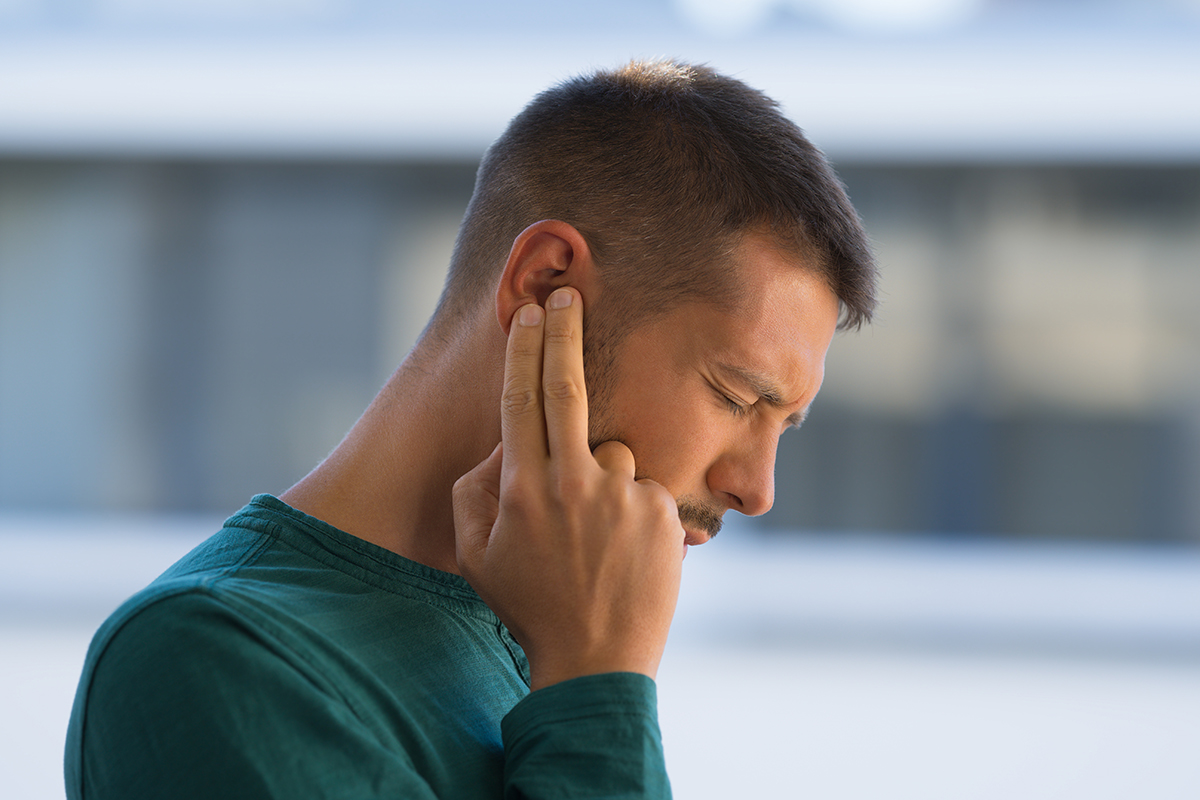Introduction
Ringing in the ears, also known as tinnitus, is a common condition that affects many people. If you’re experiencing ringing in your ears, it’s important to understand the causes and available treatment options. On this service page, we’ll provide you with a comprehensive overview of ringing in the ears, including the symptoms, causes, available treatments, aftercare and recovery, and potential costs.
What is ringing in the ears?
Ringing in the ears is a perception of sound in one or both ears when there is no external source of the sound. It is a symptom, not a condition itself. The sound can range from a low roar to a high-pitched ring and can vary in volume and intensity. Tinnitus can be continuous or intermittent and can be a temporary or permanent condition.
Causes of Ringing in the Ears
There are many causes of ringing in the ears, including:
- Hearing loss: Prolonged exposure to loud noise can cause damage to the hair cells in the inner ear, leading to hearing loss and tinnitus.
- Ear infections: An infection in the ear can cause inflammation and swelling, leading to tinnitus.
- Ototoxic medications: Certain medications can damage the inner ear, leading to ringing in the ears.
- Cardiovascular disease: In some cases, tinnitus can be a symptom of a cardiovascular condition, such as high blood pressure or atherosclerosis.
- Head or neck injury: An injury to the head or neck can cause tinnitus.
Treatment Options for Ringing in the Ears
The treatment options for ringing in the ears vary depending on the cause. Some common treatments include:
- Hearing aids: For people with hearing loss, a hearing aid can help improve hearing and reduce the severity of tinnitus.
- Cognitive behavioral therapy: This therapy can help individuals manage their tinnitus symptoms by changing the way they think and feel about the ringing in their ears.
- Tinnitus retraining therapy (TRT): TRT is a form of cognitive behavioral therapy that helps individuals habituate to their tinnitus.
- Medications: In some cases, medications can be used to treat the underlying cause of tinnitus, such as an infection or high blood pressure.
Ringing in the Ears Aftercare and Recovery
After treatment for ringing in the ears, it’s important to follow the aftercare instructions provided by your healthcare provider. This may include:
- Avoiding loud noises
- Taking steps to manage stress
- Using earplugs or ear muffs when necessary
Potential Costs
The cost of treatment for ringing in the ears can vary depending on the type of treatment and whether or not you have insurance. In general, hearing aids and cognitive behavioral therapies tend to be more affordable than medications. If you have insurance, you should contact your insurance provider to find out what your co-pay or co-insurance will be. AfterOurs charges a flat $160 to consult with a provider, no matter how long the consultation lasts. We can also only collect half of the cost on the date of removal and schedule the remaining half, plus a $15 additional cost, to come off a major debit or credit card in 30 days.
Conclusion
In conclusion, ringing in the ears is a common condition that can be caused by a variety of factors. If you’re experiencing ringing in your ears, there are a variety of treatment options available, including hearing aids, cognitive behavioral therapy, tinnitus retraining therapy, and medications. Aftercare and recovery will vary depending on the treatment and the individual, and the cost of treatment can vary based on the type of treatment and insurance coverage.
Got Ringing in the Ears? Visit an AfterOurs Urgent Care location today
If you have skin tags and you want them safely removed, we’re here to help. You can schedule an appointment or simply walk into your nearest AfterOurs Urgent Care location to receive the help you deserve today!

